
One of the most captivating and perplexing moments in Star Wars: Episode II – Attack of the Clones occurs when Count Dooku captures Obi-Wan Kenobi, aiming to recruit him and disclosing the schemes of both himself and Palpatine. Over time, Count Dooku has evolved into a complex figure within the Star Wars universe, showcasing his formidable presence in both Attack of the Clones and Star Wars: Episode III – Revenge of the Sith, where he even faces off against Master Yoda.
Recent series such as Star Wars: The Clone Wars and Star Wars: Tales of the Jedi have unveiled deeper layers of Dooku’s character—particularly his transition from Jedi to Sith Lord. The context surrounding his attempts to recruit Obi-Wan in Attack of the Clones raises critical questions. Although it may seem that Obi-Wan was merely a target of Dooku’s deception, the prequel trilogy—especially Revenge of the Sith—reveals that Dooku was primarily honest. But what motivated Count Dooku to take such substantial risks?
Did Dooku Hope to Reform the Jedi Around Him?
Count Dooku’s Complex Views on the Jedi
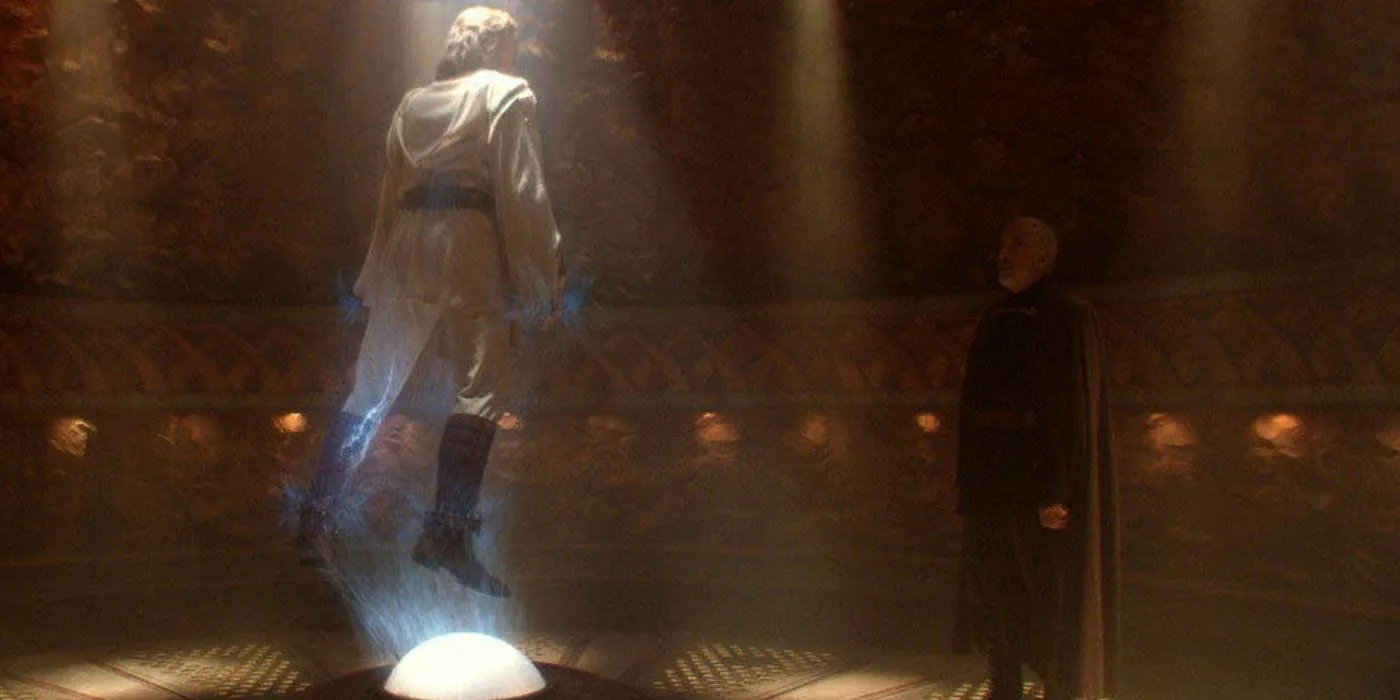
The fourth episode of Tales of the Jedi, titled “The Sith Lord,”provides significant insight into Dooku’s conflicted stance regarding the Jedi. Early in the episode, he meets Qui-Gon Jinn, his former Padawan, along with Jedi Master Yaddle, who is serving on the Jedi Council. This encounter occurs shortly after Qui-Gon returns from Tatooine with the young Anakin Skywalker, asserting his belief that Darth Maul is a Sith Lord—a claim dismissed by the Council.
Several revelations emerge from this scene: it becomes apparent that Dooku harbors deep affection for Qui-Gon. His poignant remark to Yaddle, “They grow up so fast. Our students,”indicates this sentiment. This empathy may have extended to Obi-Wan after Qui-Gon’s death. The dialogue further hints at this connection, with Qui-Gon stating that Obi-Wan now protects him, to which Dooku replies, “I should like to meet him someday. You’re always singing his praises.”
This scene suggests that, in his earlier days, Dooku genuinely sought to aid the Jedi and avoid their imminent downfall before succumbing to the dark side. His assertion to Yaddle and Qui-Gon that “I’ve been warning them about the coming darkness for years, never to be taken seriously,”highlights his disillusionment with the Jedi’s inactivity, a sentiment exacerbated by the loss of Qui-Gon.
Moreover, Yaddle’s storyline in this episode complicates Dooku’s intentions. Prior to her death, Yaddle tells him, “I am on your side, Dooku. I stepped down from my position on the Council. You were right about so many things; the Council should have listened. Qui-Gon did not have to die.”Although Dooku ultimately kills her, their conversation suggests his initial desire to reform the Jedi, hinting that his recruitment of Obi-Wan was an extension of that desire.
Was Dooku Deliberately Trying to Undermine Darth Sidious?
The Rule of Two’s Influence
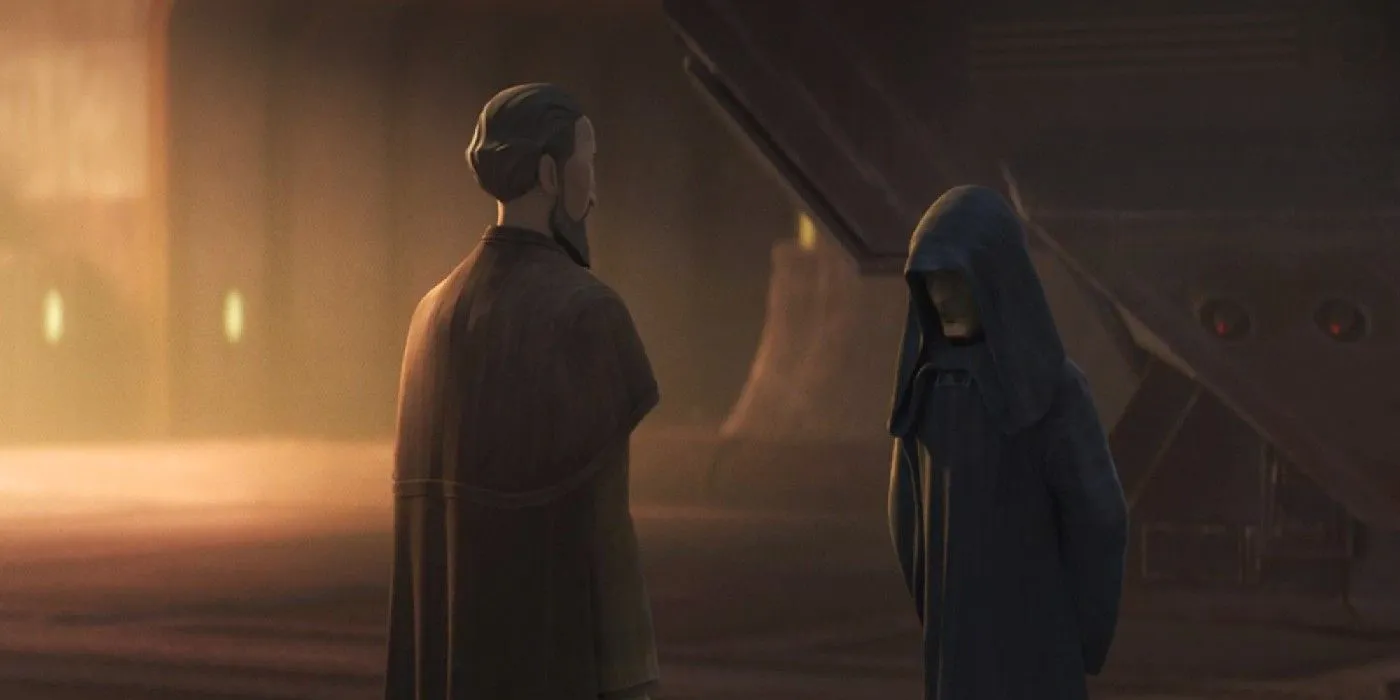
It’s possible that Dooku lacked familiarity with Obi-Wan, as suggested by Tales of the Jedi, leading him to underestimate Obi-Wan’s resoluteness. However, prevailing themes in the Star Wars narrative indicate that Dooku was, at least in part, intent on undermining Darth Sidious to claim the title of Sith Master for himself. This intention becomes more evident in The Clone Wars, where Dooku collaborates with the Sith assassin Asajj Ventress.
While Dooku’s exact motives in mentoring Ventress remain concealed, it seems clear he may have seen Obi-Wan as an ideal apprentice due to his formidable skills and his resemblance to Qui-Gon.
Dooku’s Ambiguous Motives in Attack of the Clones
Dooku’s Unclear Loyalties
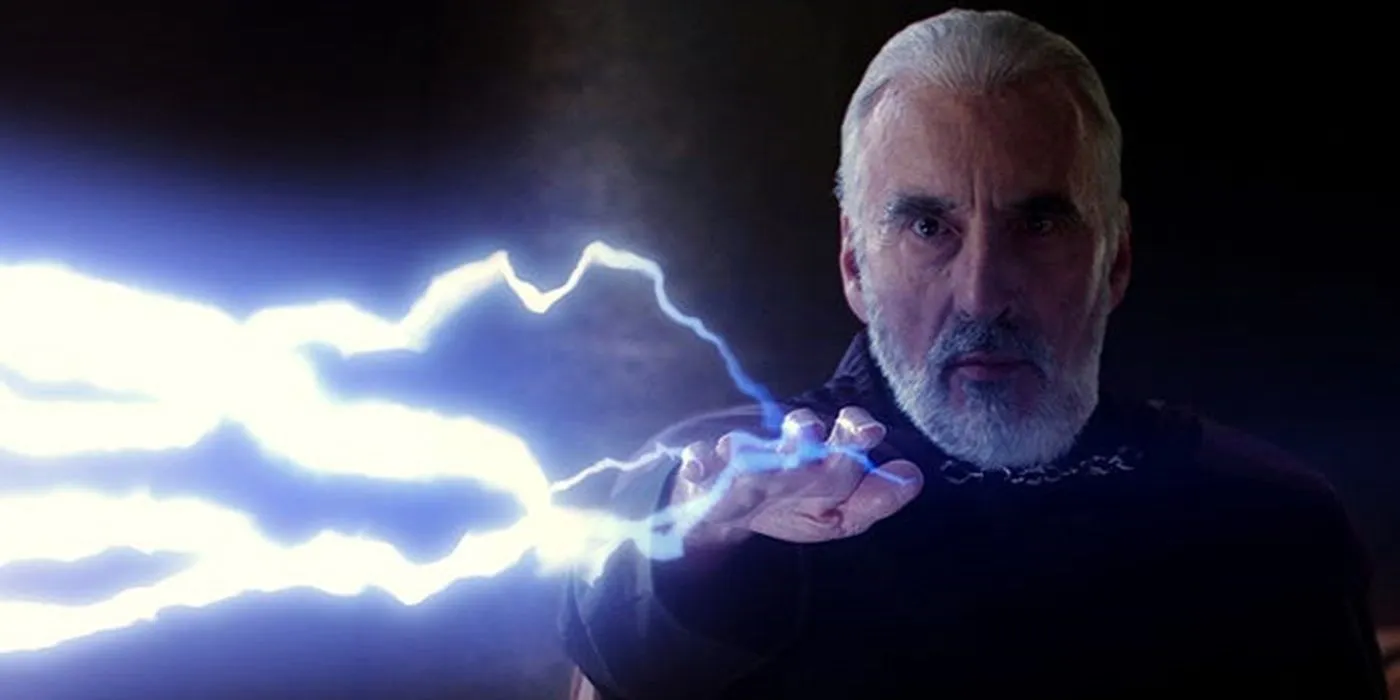
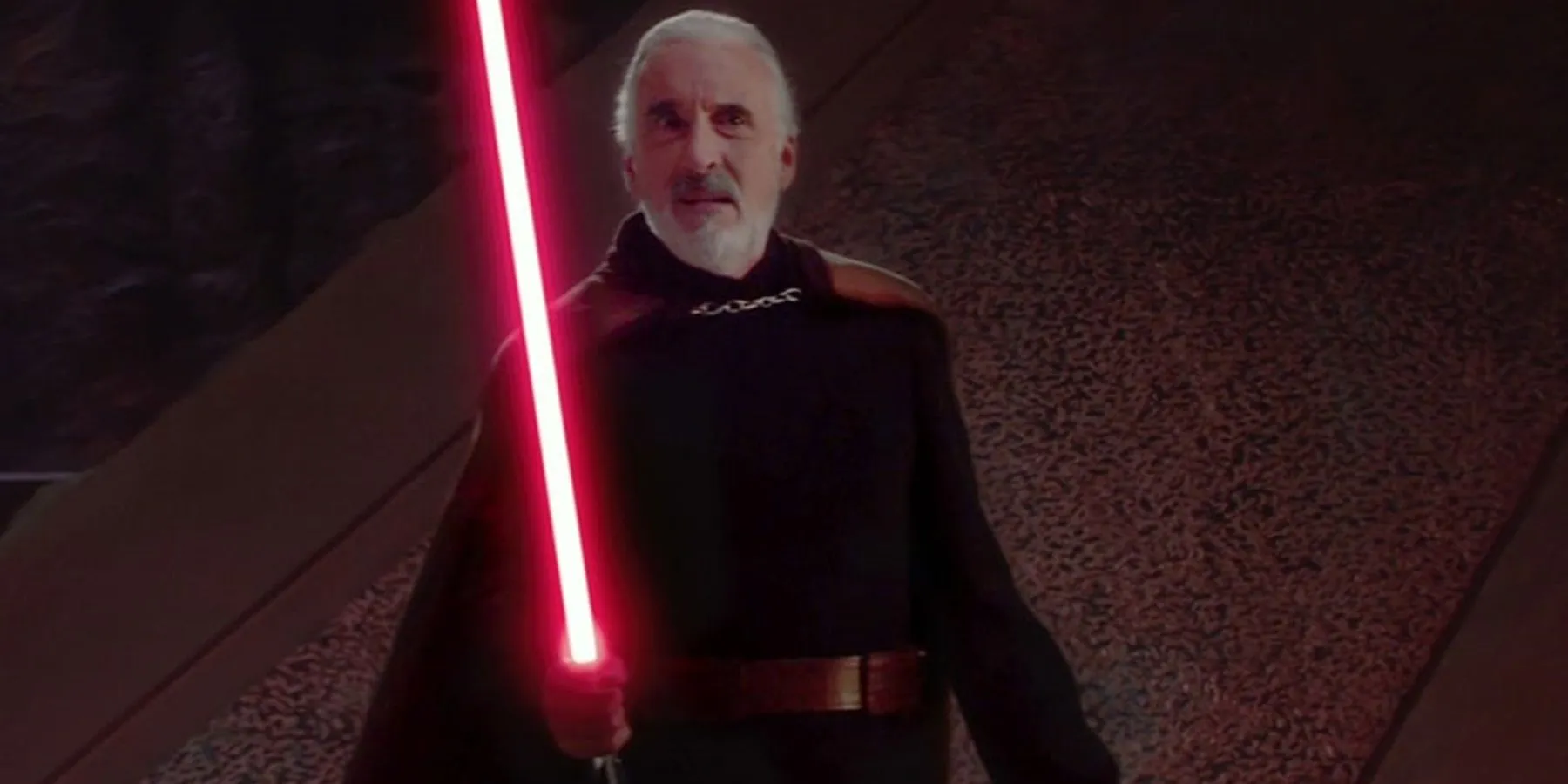
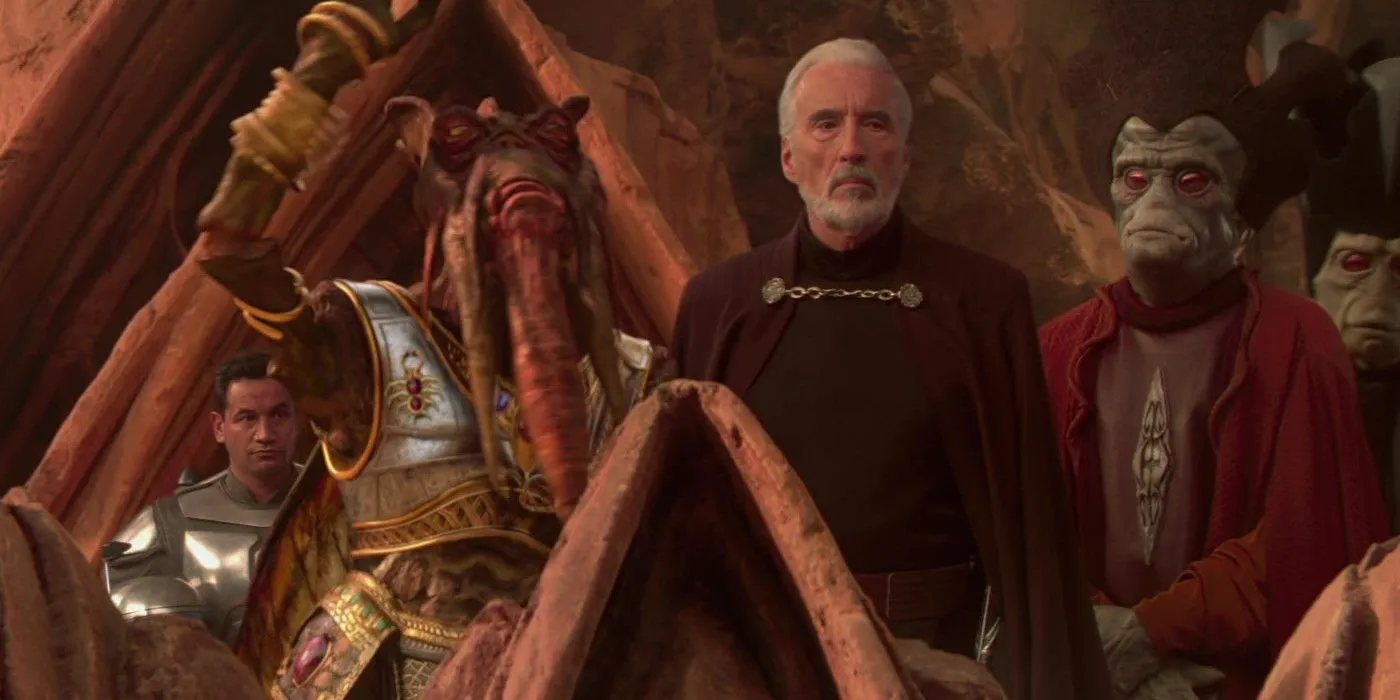
Ultimately, Dooku’s intentions in this scene remain shrouded in mystery, leaving fans to ponder whether the reasons behind his risky decision will ever be clarified. Should any revelations come, they are more likely to surface in literature rather than a cinematic exploration of the prequel age, which leaves the door open for a deeper inquiry.
Despite Dooku’s actions leading to Yaddle’s demise, he appears torn, resonating with sentiments that echo those used by Palpatine to manipulate Anakin Skywalker. His assertion, “I want only to bring peace and order to the galaxy,”reflects a disheartening irony.
In sum, Count Dooku’s misguided path echoes that of Anakin Skywalker, suggesting a dual purpose in his offer to Obi-Wan: a yearning for a modified Jedi Order or a concealed allegiance to the dark side aimed at overthrowing Palpatine. The intrigue surrounding this sequence in Star Wars: Episode II – Attack of the Clones provokes numerous tantalizing questions about the expansive Star Wars mythology.




Leave a Reply